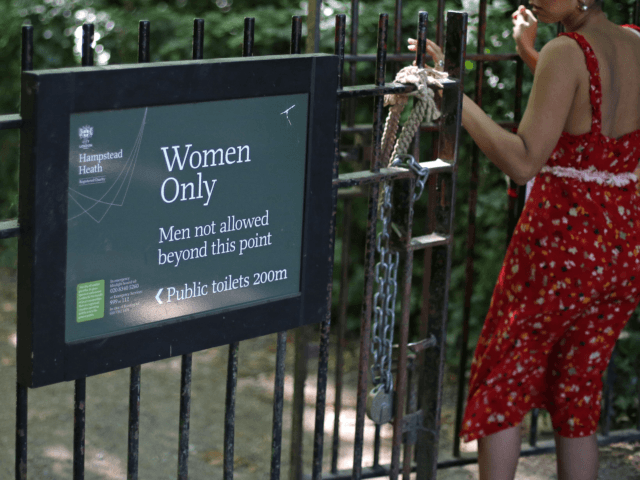The prestigious British medical journal The Lancet has been accused of dehumanising women after using the phrase “bodies with vaginas” to describe the fairer sex.
On Friday, The Lancet shared the cover for the latest edition of the magazine on social media with an excerpt from an article titled ‘Periods on display’, which stated: “Historically, the anatomy and physiology of bodies with vaginas have been neglected.”
The article itself, which was published on September 1st, refers to women four times and “bodies with vaginas” once, but the post prompted widespread criticism of the leading medical journal for adopting the language of the woke left rather than being scientific.
Political commentator Calvin Robinson said: “How is it that ‘one of the world’s leading general medical journals’ with a motto of ‘The best science is a good start’ seemingly doesn’t know what a woman is?! ‘Bodies with vaginas’ is unscientific and incredibly demeaning.”
Some medical professionals and academics in Britain suggested that they would no longer work with the journal in response to the incident.
Professor David Curtis, a retired psychiatrist and honorary professor of genetics at University College London, wrote: “Just wrote The Lancet to tell them to take me off their list of statistical reviewers and cancel my subscription and never contact me about anything ever again.”
“Absolutely inexcusable language to refer to women and girls,” he said.
Dr Madeleine Ní Dhálaigh said: “Naming women as ‘bodies with vaginas’ is a new low, all in the misguided pursuit of woke points. You can be inclusive without being insulting and abusive.
“How dare you dehumanise us with a statement like this?”
Others have accused The Lancet of hypocrisy, highlighting a post from September 20th in which it discussed the dangers that “10 million men” face from prostate cancer.
“Considering, as the replies highlight, that The Lancet has recently published work on prostates and refer to men, I don’t think the decision to use ‘bodies with vaginas’ is an attempt at inclusive language,” said Dr Katie Paddock, a lecturer in education psychology at Manchester Metropolitan University.
The feminist campaign group Women Make Glasgow issued a formal complaint over the “dehumanising and straight up sexist cover story,” writing: “When women get outraged by being reduced to a vagina, you shrug your shoulders, mutter ‘inclusion’ as you alienate, and do exactly what your weird little quote alluded to, you NEGLECT our criticism and ignore our anger.”
Self-described black radical feminist Claire Heuchan wrote: “This framing makes it sound like a coincidence that ‘bodies with vaginas’ have been neglected by medicine, as if it were not the product of a discrimination and oppression specific to the female sex.
“Medical misogyny… exists — and refusing to acknowledge women perpetuates it.
“Until [The Lancet starts] writing about ‘bodies with penises’, dehumanising and neglecting research specific to men, I’m going to call this erasure out for what it is: sexism.”
There have been increasing attacks on language surrounding women in Britain from the medical establishment recently.
In February, for example, the Brighton and Sussex University Hospitals (BSHU) of the National Health Service (NHS) announced that midwives should use language such as “pregnant women and people”, “breastfeeding and chestfeeding“, “mothers and birthing parents” in order to be more inclusive.
Follow Kurt Zindulka on Twitter here @KurtZindulka

COMMENTS
Please let us know if you're having issues with commenting.